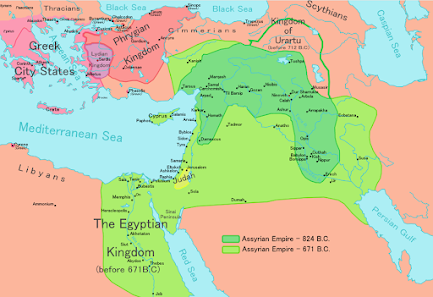Are We to Take the Bible Literally?
With no direction from learned and skilled theologians, the Bible can be a very difficult collection of books to understand. The Bible is indeed a collection of ancient documents written thousands of years ago. Because the books are so old, many say they are antiquated, outdated and not relevant for today. Others are convinced the Bible contains numerous errors, and that it contradicts itself. The ones that have this attitude toward the Bible are those who do not want it to be true. For if it is, it will bring certain conviction and judgment on those who hate its truth. Social Media has allowed many to easily become critics of the God of the Bible. Many people no doubt are parroting others who discount its truth having never investigated the claims of the Bible for themselves. These individuals are the ones that are making a fool of themselves – thinking that somehow blaspheming God and His word is a virtue. It is important that the writer point out why so many are quick to ride on t


